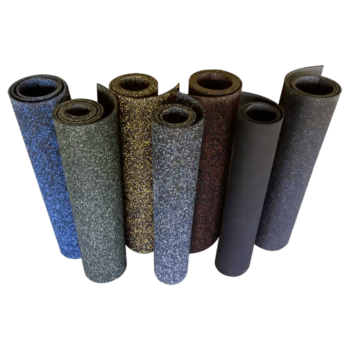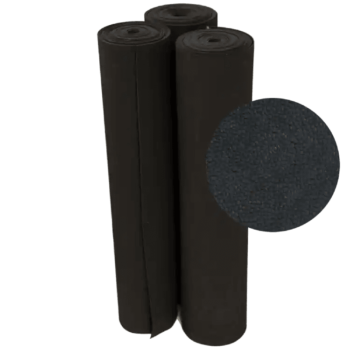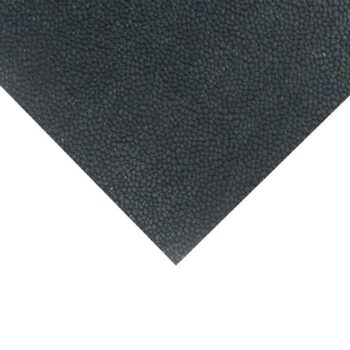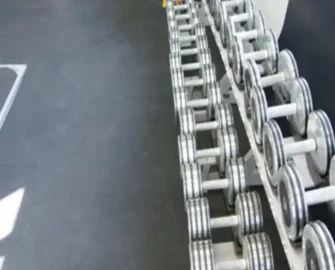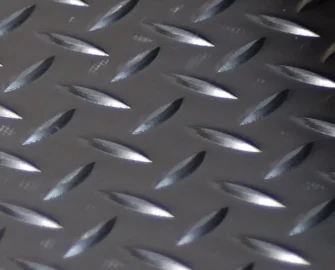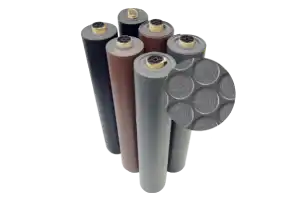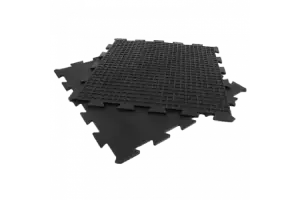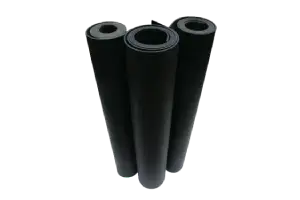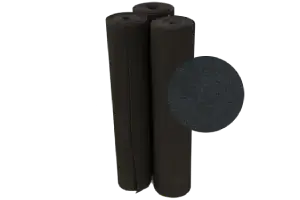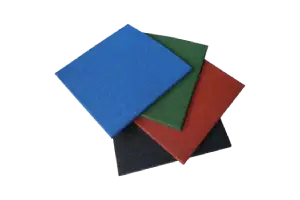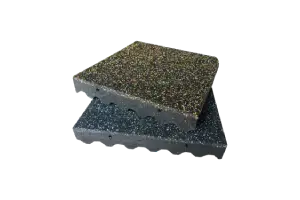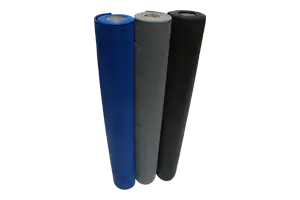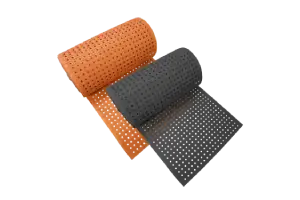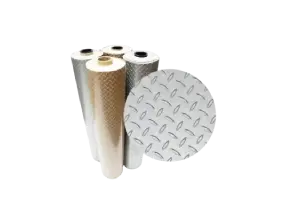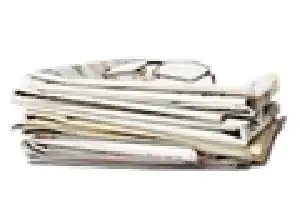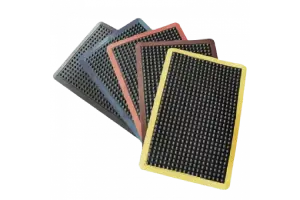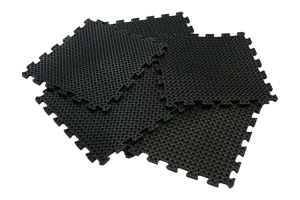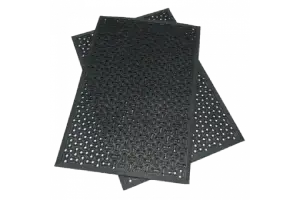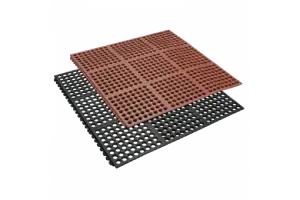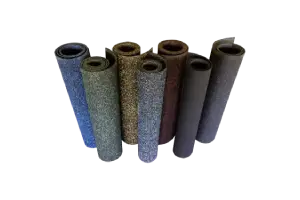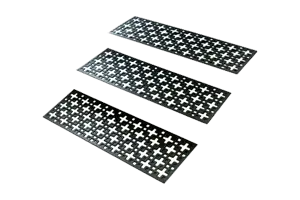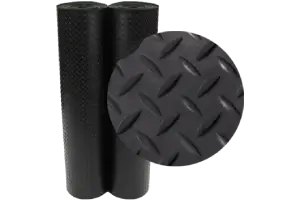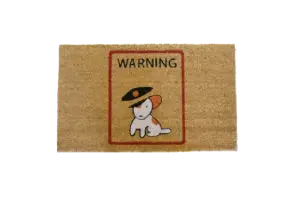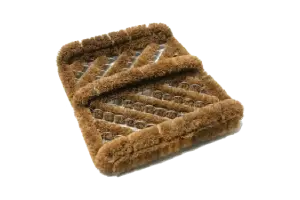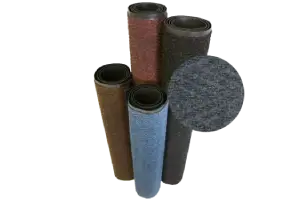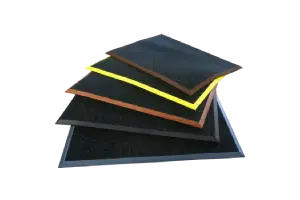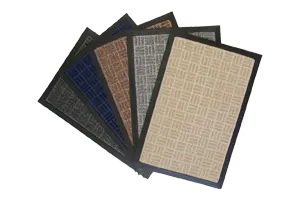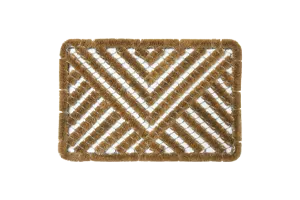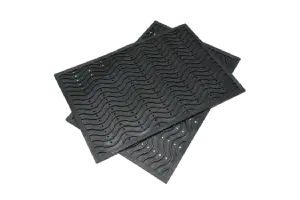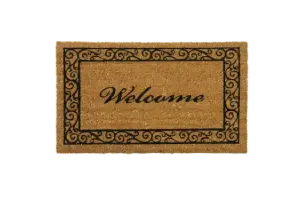Comparing an Epoxy Garage Floor to a Rubber Garage Floor
When it comes to garage floor covering, there are many options to choose from. Two of the most popular choices are an epoxy garage floor, and a rubber garage floor. What are the major characteristics of each that differentiates one from the other? There are many qualities of a rubber garage floor that an epoxy garage floor does not share and vice versa. Garage floor covering is not as intuitive as one may think, so outlined below is a comparison of both a rubber garage floor and an epoxy garage floor so the consumer can make an educated decision. Remember, when choosing garage floor covering keep in mind your area’s specific, individual needs. This includes what you would like the flooring to be able to accomplish, and what activities will be conducted upon the flooring itself. Considering all these factors and using the comparison guide below, choosing the perfect garage floor covering is only a few paragraphs away!
- Density and Comfort: The first thing to consider is the density, which is related to the innate level of impact absorption a material has. If you are looking for a hard, extremely dense surface, one that is capable of having excessively heavy or abrasive objects dragged across it (such as pallets in a warehouse), epoxy flooring would probably be the way to go. If you are looking for something that would be capable of absorbing impact (such as a dropped weight in a gym), or provide a level of anti-fatigue, rubber would be the natural choice. Rubber, unlike epoxy, has the ability to compress upon itself, which allows impact to be absorbed and dissipated within the flooring itself. Similarly, this compression decreases stress to the joints and skeletal structure when somebody is standing or working on top of it. This is ideal for applications in which a consumer is either standing for extended periods, or dropping (rather than dragging) heavy objects.
- Moisture: The second thing to consider is the level of moisture present in your environment. If the humidity level is especially high, or your home’s foundation is below the ambient water level of your area, changes in temperature can greatly affect the success of your floor. Concrete can “sweat” for several reasons. Humidity and changes in relative temperature can cause natural condensation, causing your floor to become damp. Likewise, if your home is below your area’s current ambient water level, moisture can be emitted through the concrete,
causing dampness. This is no problem for rubber, as it is generally a waterproof material and can be porous, which allows the water trapped between the subfloor and floor to naturally evaporate. Epoxy, unfortunately, does not share these qualities that allow the concrete to breath. Because of this, in areas affected by humidity, drastic or sudden temperature changes, or ambient water level, epoxy is in danger of delaminating. Thus, one should only use epoxy if you are certain that it will not be affected by the weather or the environment, and should always test the area before installing for moisture admission. Happily, rubber does not share these problems.
- Installation Costs! Finally, installation, and the cost of that installation is important to consider. If you are planning on using contractors anyway, epoxy can be set and cured relatively quickly by licensed professionals. If you are not certain you want to spend a potentially large sum of money on installing your garage floor covering, rubber is actually designed to be a do it yourself product that can be installed by virtually anybody quickly and easily. Therefore, if you are not looking to get your hands dirty and would just like the flooring built for you, epoxy is probably the way to go. Rubber is for those home or business owners who are looking to save some money and want an installation that can be handled by you and a friend or relative.
In conclusion, both an epoxy garage floor and a rubber garage floor excel in separate situations. A rubber garage floor can absorb impact, handle most weather, and can be installed without licenses or contracting experience. An epoxy garage floor is likely more abrasion resistant, less moisture resistant, and can be installed quickly by a licensed professional. Regardless of which garage floor covering is more attractive to you, remember to consider the environmental factors surrounding the floor. Despite their many differences, both a rubber garage floor and an epoxy garage floor will increase the durability and attractiveness of bland concrete and allow you to fully utilize your garage!



